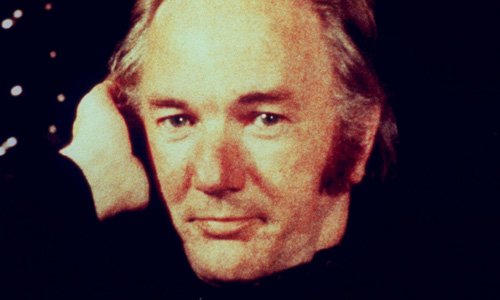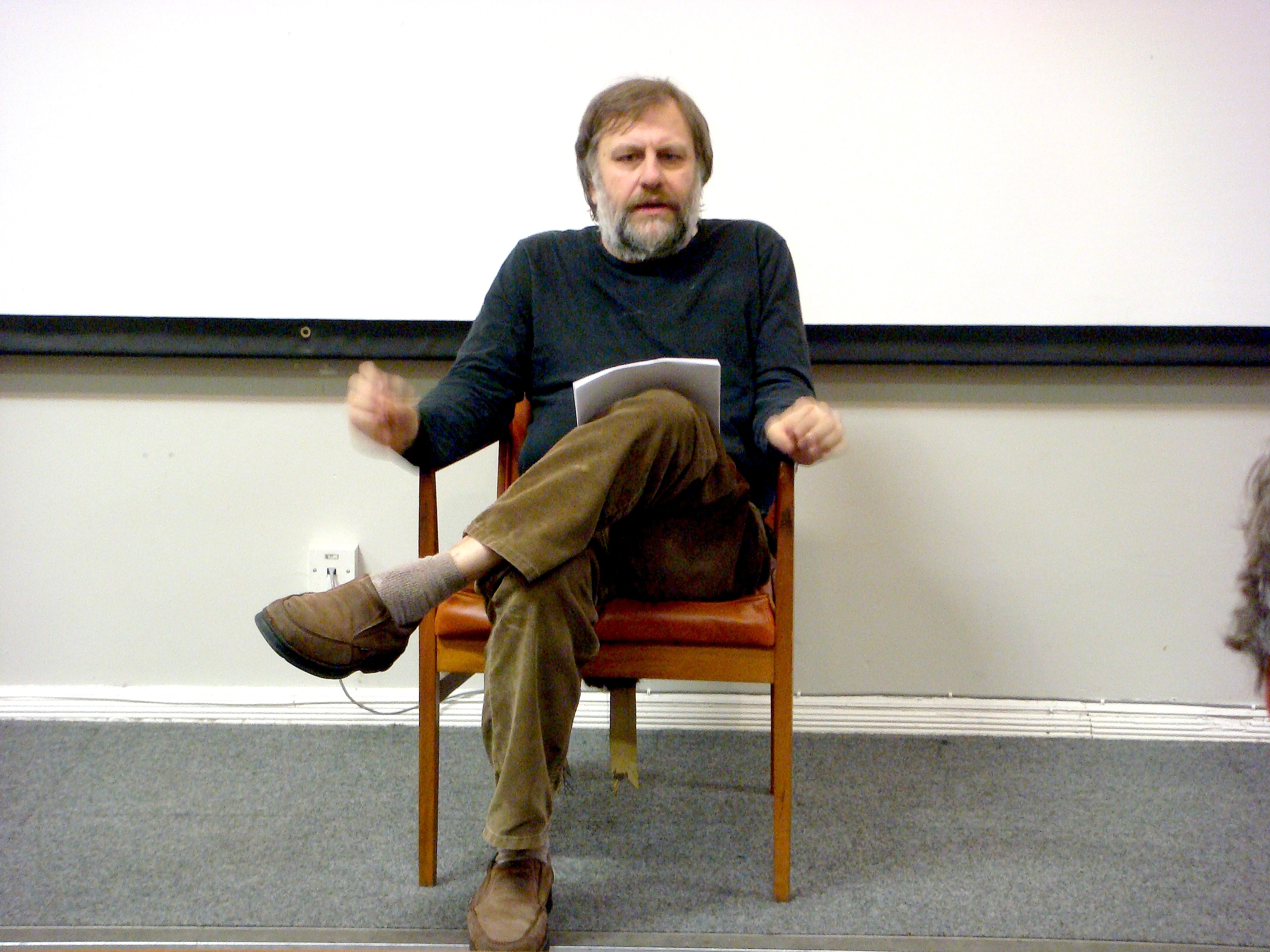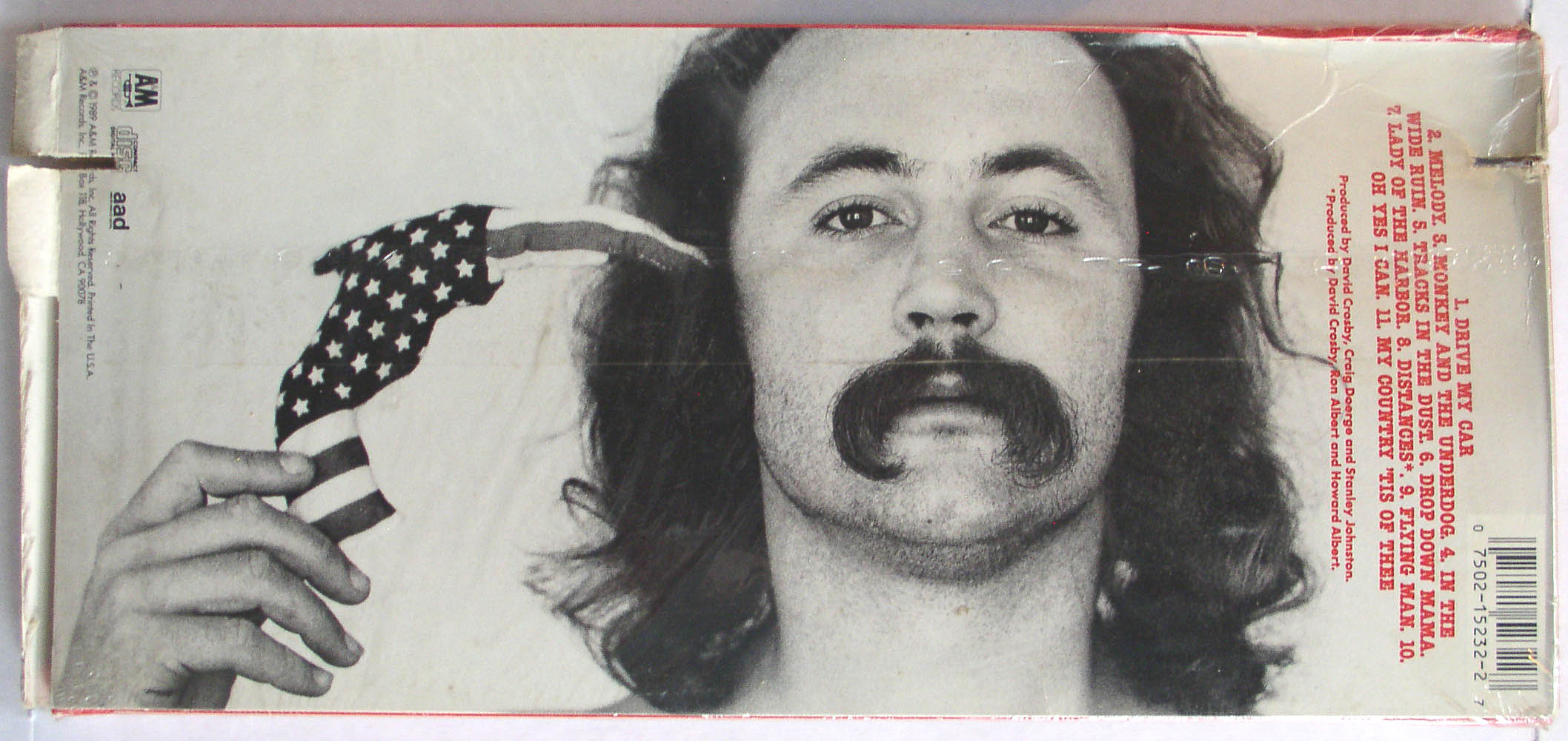Bernhard’s Shadow

In this interview at KCRW Bookworm, W.G. Sebald confessed his longtime attachment to Thomas Bernhard as an influence, mentor, and model. He also confessed to a longtime reluctance to confess his attachment to Bernhard for fear of being labeled simply a Bernhard derivative by those for whom it is convenient to attach such a label and use it to diminish the individuality of the work of a writer who simply has a less likely influence than another writer. (We rarely use “Chekhovian” or “Joycian” or “Faulknerian” as a critical diminutive, perhaps because they have influenced such a broad swath of writers that their own initial singularity has been diminished by the breadth of their influence.) READ MORE >
Steven Patrick Morrissey on Writing
I earn more than I thought I would when I became a poet
And no reason to talk about the books I read but I still do
Don’t leave it all unsaid
Well, I wouldn’t object to being approached, put it that way
They said they respect me, which means, their judgment is crazy
If you really concentrate on the Top 40 there aren’t really that many striking individuals so it is rather easy within that block to be anarchic
Artists aren’t really people. And I’m actually 40 per cent papier mache
I find agreeable people immensely disagreeable
I was always attracted to people with the same problems as me. It doesn’t help when most of them are dead
Am I looking in the mirror?
Any fool can think of words that rhyme
There are some bad people on the rise
Sell all of your clothes
We hate it when our friends become successful
The traditional viewpoint is to scowl, but I don’t understand that
Rejection is one thing – but rejection from a fool is cruel
There’s more to life than books you know, but not much more

“If something is boring after two minutes, try it for four. If still boring, then eight. Then sixteen. Then thirty-two. Eventually one discovers that it is not boring at all.” – John Cage
Thoughts about a Televised Performance of John Cage’s 4’33”
If I were a person who coughed at such a performance, or held a screaming baby, or whose cell phone rang, or who owned the corporation that operated the train which whistled as it went past the concert hall, I’d probably be embarrassed. I noticed that between the movements, people coughed more than the whole room of people had probably coughed in the entire day, probably because all of them had been so intent on holding their bodies still and holding their coughs during the movements. But the coughs they coughed between movements and the laughter they laughed after they coughed certainly represented the most enjoyable part of the performance, other than perhaps the conductor’s ad lib between movements, when he theatrically took a rag and wiped his forehead as though he had been working up a sweat with his conducting. (Maybe he had, but not because of exertion, but rather because of the tension that attaches to publicly not doing anything, and that was part of the gag, too, when he wiped his forehead with the rag.) READ MORE >
SLAVOJ ZIZEK, God Without the Sacred: The Book of Job, The First Critique of Ideology

The latest installment in the New York Public Library’s Three Faiths Exhibition (some of which is available online here) is a 106 minute lecture by Slavoj Zizek which is among the most plainspoken and accessible Slavoj Zizek lectures I’ve ever heard (click here for the lecture).
The St. Clement’s Episcopal Church in New York maintains (or at least used to maintain) the custom of inviting a stranger, often a non-Christian one, to deliver a sermon once each year. (The most famous of these sermons became the centerpiece of Kurt Vonnegut’s Palm Sunday.) READ MORE >
“Internacionalista”
 The Believer is running an excerpt from Deb Olin Unferth’s forthcoming Revolution: The Year I Fell in Love and Went to Join the War. An excerpt from the excerpt:
The Believer is running an excerpt from Deb Olin Unferth’s forthcoming Revolution: The Year I Fell in Love and Went to Join the War. An excerpt from the excerpt:
George and I had gotten nowhere with joining any revolution. It was August. We’d been fired from one job and hadn’t found another. We’d managed to throw up a wall between us, or at least some small obfuscating stones (a dot of diamond, two glints of red). And now we had to get out of El Salvador. Our visas were running out. We couldn’t wait around for people to figure out what they were going to do about the bridges that had been exploded on the road to the border—put them back up, explode somebody back, chart a little path through the river—no time for any of that, George said, because to be stuck in El Salvador with an expired visa was no joke. So we set out. The truck drove in loops, searching for bridges still standing. A few kilometers from the border, some guys with black-market gym shoes threw their duffel bags off the truck and jumped out, ran into the trees.
On Self-Publishing, Prodigies, Loving Books, Memory, and Transcendence
More people are self publishing. Same story, different newspaper. One interesting line: “If you write a book, you are an expert,” says Dr. Martin, who spent roughly $40,000 to publish and market five books, including “Are Your Teeth Killing You?” and “This Won’t Hurt a Bit.”
More people are self publishing. Same story, different news outlet. One interesting line: “In today’s tight traditional publishing market, agents, editors, and publishers are now encouraging authors to test market their book by self-publishing.”
Child prodigies are terribly interesting to me so I quite enjoyed this fantastic essay about Barbara Rogers née Follett. One interesting line: “‘In a multitude of ways,” Wilson Follett reported, “we become more and more convinced of the expediency of letting the typewriter be, so far as a machine can, the center and genesis of the first processes.’”
Susan Orlean has a fine bit of an essay here about loving all manner of books and the battle between reading and, well, everything else. One interesting line: “I think the only real battle is between the challenge of getting people to read and the fact that many other pastimes are easier, quicker, and more passive than reading.”
Did you know there’s a memoir about a woman who loved Little House on the Prairie and started adopting some of the LHOP lifestyle? The book is called The Wilder Life and will be out in April 2011. Yes, I am all over this and will be reporting back, come April 11, 2011.
In the Los Angeles Times, David Ulin writes on how we can make the most of both books and e-books. One interesting line: “Their physicality is part of their function; they are meant to be held as well as read.”
The editors of the New York Times Sunday Book Review introduce why criticism matters, then give the platform over to six “accomplished” critics: Stephen Burn, Katie Roiphe, Pankaj Mishra, Adam Kirsch, Sam Anderson, and Elif Batuman.One interesting line, from Batuman’s essay, “Negative criticism is particularly exciting, not only because of schadenfreude, but because once limitations are identified, we glimpse how to transcend them.”
2010 has been recapped for our benefit and here is a megalist of “Best of 2010” lists. Happy New Year, everyone!
The What-If Game
 One of Stephen Dixon’s favorite strategies is telling the same story repeatedly, but changing a variable in the cause-and-effect chain with each telling — having fate deal a slightly different event, for example, or causing a key agent to make a different choice — and then exploring how time rings the changes differently in the lives of the characters. Sometimes we seem to be reading a study in worry — what will happen to me and the people I love if I don’t rightly account for all the possible permutations of even the smallest choices I make? — and sometimes we seem to be reading a study in the futility of trying to fight the forces of fate, since maybe there’s no accounting for the consequences of our choices as they play out along the cause-and-effect chain when so many things are so far beyond our control. Agency is everything and/or there is no agency.
One of Stephen Dixon’s favorite strategies is telling the same story repeatedly, but changing a variable in the cause-and-effect chain with each telling — having fate deal a slightly different event, for example, or causing a key agent to make a different choice — and then exploring how time rings the changes differently in the lives of the characters. Sometimes we seem to be reading a study in worry — what will happen to me and the people I love if I don’t rightly account for all the possible permutations of even the smallest choices I make? — and sometimes we seem to be reading a study in the futility of trying to fight the forces of fate, since maybe there’s no accounting for the consequences of our choices as they play out along the cause-and-effect chain when so many things are so far beyond our control. Agency is everything and/or there is no agency.
The most focused of Dixon’s fictions that employ this strategy can be found in his novel Interstate (which was a National Book Award Finalist in 1995, and yet is now, sadly, out of print, and ripe for reprinting by an outfit like Dalkey Archive Press or New York Review Books — whichever wises up first.) Interstate tells the same story eight times. A guy is driving a car on the interstate, his two daughters with him, and some rough-looking guys in another car show a gun. In each of the tellings READ MORE >



